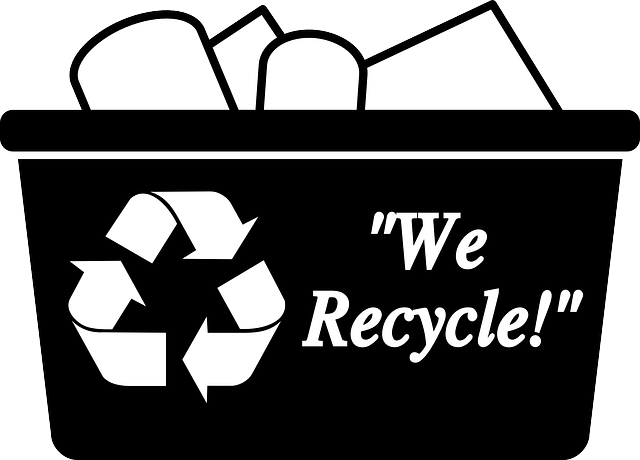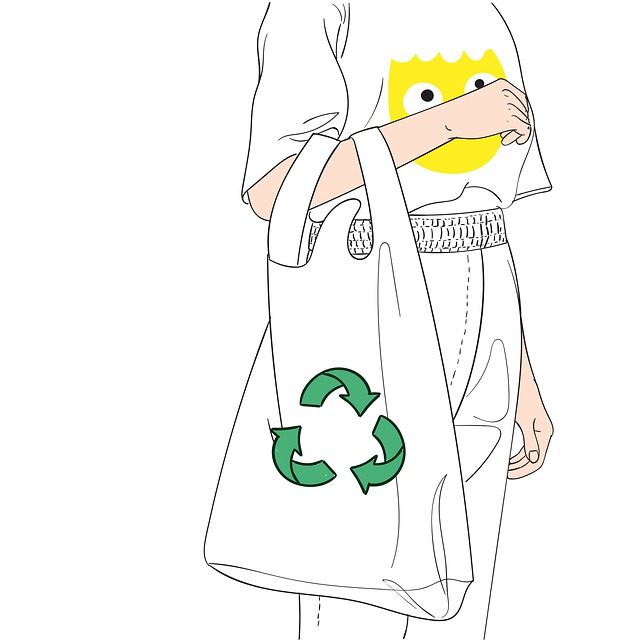Could we be harming our environment through our waste management methods? The answer to that question is yes. Your idea of proper and safe waste disposal could be harmful to the environment in many ways. The definition of effective, safe, and proper waste management has been adjusted to accommodate a very important term which is known as eco-friendly. Eco-friendly activities aim to adjust regular human activities to reduce or completely prevent adverse effects on our natural environment. The introduction of eco-friendly activities has become a game-changer in the fight to preserve our natural resources and reduce environmental pollution.
What is waste management? Why should you be bothered?
For many of us, the only major concern is how to get the waste they have generated out of their living space and out of their sight. The quantity of waste we generate, the content, and what happens to them after they leave our living space is rarely a thing of great concern. Perhaps we need to change that attitude if we want to control pollution, conserve our natural resources, prevent the spread of diseases and live healthier lives.
Waste management refers to the collection, transportation, and disposal of garbage and other waste products. Generally, the major types of waste include; food waste and plastic waste. These two waste types are supposed to be handled differently and disposed of differently. The improper handling and disposal of waste products is the cause of environmental pollution. Pollution threatens wildlife on land and water, helps in the spread of diseases, and contributes to climate change.
Waste reduction

There may be several environmental laws that seek to promote a greener lifestyle and reduction of environmental pollution. However, waste production has not been reduced. It continues to increase and pollution has remained on the top of the agenda for countries around the world. The first step in the reduction of water, air, and land pollution has to be a significant reduction in the generation of waste products. Is this possible? Experts are very confident that it is indeed possible. We all can agree that some waste products are unavoidable; however, we know that some are highly unnecessary. Reducing the quantity of waste we produce is not exactly easy but it can be achieved by being intentional about what we consume and how we consume them.
One of the major contributors to environmental pollution is plastic waste which comes in the form of plastic bags, plastic bottles, trays, cups, and so on. We can switch to reusable shopping bags that we can carry with us anytime we need to go shopping. Taking up bulk shopping habits can also reduce the plastic packaging we consume.
Some of the materials we throw away after a single use can be reused to solve everyday problems. Therefore applying methods that help to reduce the waste we generate is a way of lessening the burden of waste products on our environment.
Recycling

We all should be big on recycling waste products. It is one of the most effective eco-friendly waste management methods that aim to lessen the production of greenhouse gases thereby contributing to environmental health and sustainability.
Research has shown that recycling results in some of the best results in the attempt to achieve a reduction in total municipal solid waste. A good percentage of greenhouse gas emissions arise as a result of the production, processing, and disposal of solid waste. Many experts prefer recycling solid waste to the use of landfills in waste disposal because of the toxic effects of landfills o the soil and the environment.
By recycling used products, we can reduce the need to harvest raw materials from our natural resources. We can also reduce the energy used up in processing raw materials and the degradation of waste products. Individuals should be educated on the importance of recycling, how to sort their garbage and how to recycle some of their waste on their own. All these contribute to the maintenance of natural balance and conservation of our vital natural resources.
Composting
Composting is one of the oldest eco-friendly methods of waste management that takes care of organic wastes by subjecting them to degradation by microorganisms. This is a method that can be used by individuals in their homes as well as communities and business owners on a large or small scale. Inorganic or hazardous wastes shouldn’t be handled by composting as they could destroy the whole compost and render them unsuitable for safe disposal in the natural environment.
Composting helps to reduce total waste volume, eliminates heat-killed pests, helps to generate beneficial organic matter, and generally limits the negative effects of waste processing on our environment.
Other eco-friendly waste management methods include; the use of garbage disposers or waste disposal units, reuse, waste recovery, and so on.
In conclusion, the idea of eco-friendly waste management highlights the need for the use of a sustainable, safe, and regulated approach in the handling, transportation, processing, and disposal of waste products so that pollution can be limited and we can live healthier lives.